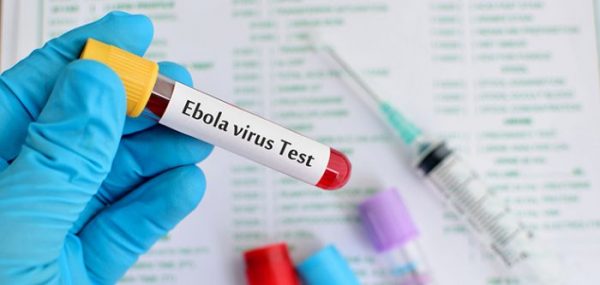The Democratic Republic of the Congo (DRC) is facing a new Ebola outbreak after health authorities confirmed a case in the southern Kasai province. A 34-year-old pregnant woman tested positive for the virus, raising concerns about the spread in the region. Current figures indicate 28 suspected infections, with 15 deaths reported. Officials cautioned that these numbers remain provisional as investigations continue.
The outbreak has so far affected the Bulape and Mweka areas in Kasai, where patients are showing typical symptoms of Ebola, including fever, vomiting, diarrhoea, and haemorrhaging. Medical teams on the ground are working to trace contacts, monitor cases, and ensure safe burials where necessary to limit transmission.
The World Health Organization (WHO) has dispatched experts to support the DRC’s response, focusing on disease surveillance, treatment, and infection prevention. In addition, two tonnes of medical and laboratory supplies are being delivered to boost the country’s capacity to contain the outbreak. WHO officials emphasized that rapid action is essential to halt the spread of the virus and protect vulnerable communities.
Health experts are drawing on the DRC’s longstanding experience in handling Ebola epidemics. The country has confronted 16 outbreaks since the virus was first identified in 1976. The most recent occurred in April 2022 in Equateur province and was declared over after just six weeks, thanks to swift intervention measures. Authorities are hopeful that similar strategies will help contain the current outbreak before it escalates further.
Ebola is a viral disease whose natural reservoir is thought to be fruit bats. It spreads through direct contact with blood, secretions, organs, or other bodily fluids of infected people and animals. The illness often begins with flu-like symptoms and can progress to severe internal and external bleeding. Mortality rates are notoriously high, sometimes reaching 90 percent depending on the outbreak and available medical support.
Communities in Kasai are being urged to remain vigilant, adhere to hygiene measures, and report any suspected cases promptly. Health teams are also engaging local leaders to strengthen public awareness and counter misinformation that could hinder the response.
While the current situation remains concerning, authorities and international partners are acting with urgency. With coordinated action, the hope is to contain the outbreak quickly and prevent it from spreading beyond Kasai province.

